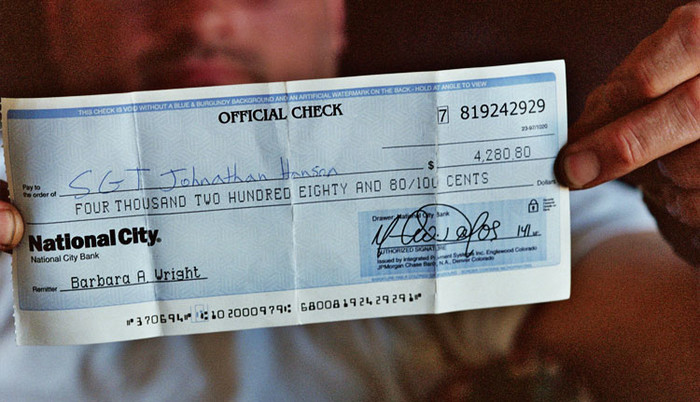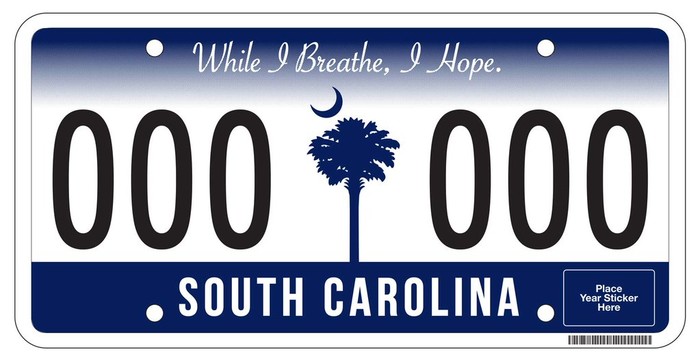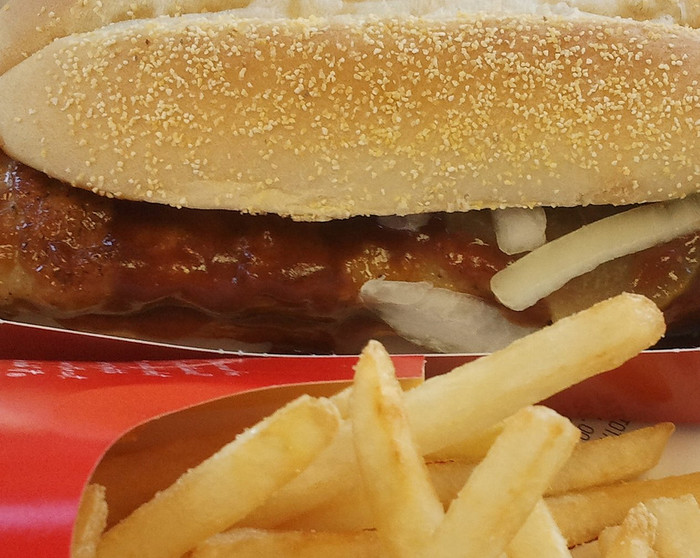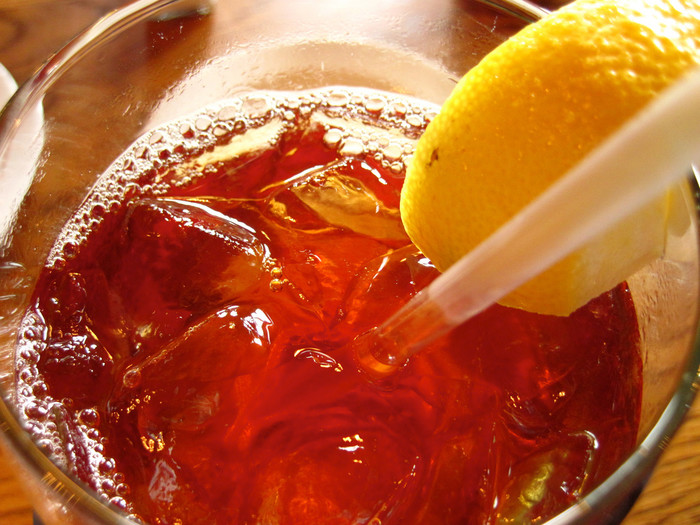
Image by Flickr user cafemama Image by 20091109-fraud.jpg
One man on James Island is out of nearly $3,000 after he was given a fake cashier's check and then wired money to Canada.
Hop over to The Post and Courier to see what's up.
Unfortunately it's not that unusual.
If you're curious as to how a bank can then approve the funds of the cashier's check and then revoke them, here's some info from "Avoiding Cashier’s Check Fraud:"
Many consumers have become victims of scams involving a fraudulent cashier's check. A cashier's check is a check that is issued by a bank, and sold to its customer or another purchaser, that is a direct obligation of the bank. Cashier's checks are viewed as relatively risk-free instruments and, therefore, are often used as a trusted form of payment to consumers for goods and services.
However, cashier's checks lately have become an attractive vehicle for fraud when used for payments to consumers. Although the amount of a cashier's check quickly becomes "available" for withdrawal by the consumer after the consumer deposits the check, these funds do not belong to the consumer if the check proves to be fraudulent. It may take weeks to discover that a cashier's check is fraudulent. In the meantime, the consumer may have irrevocably wired the funds to a scam artist or otherwise used the funds - only to find out later, when the fraud is detected - that the consumer owes the bank the full amount of the cashier's check that had been deposited.
Frightening stuff.
Personally I never deal with cashier's checks unless I physically know the party, especially if they then want me to wire money elsewhere.
That said, Craigslist has some excellent anti-scam tips.


